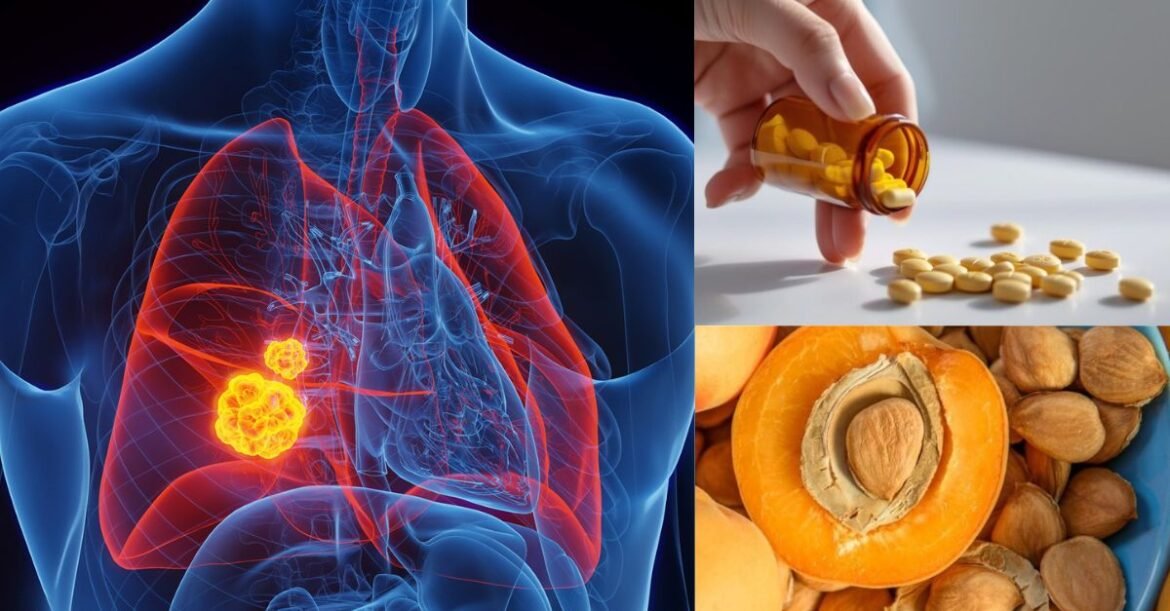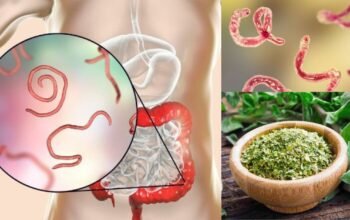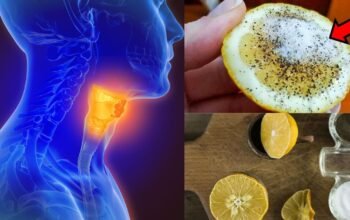Vitamin B17, primarily found in certain seeds, nuts, and fruit pits, has been a subject of debate due to its active component, amygdalin, and its synthetic form, laetrile. Historically, laetrile was considered by some as an alternative cancer therapy, but it has been controversial due to its cyanide content. The FDA restricted laetrile in the 1980s, and its use remains unapproved in the United States.
Understanding Amygdalin and Laetrile
Amygdalin, a natural compound found in the pits of apricots, cherries, and bitter almonds, breaks down in the body to release small amounts of cyanide. Its manufactured counterpart, laetrile, was once researched for cancer treatment but faced regulatory challenges. Critics of its efficacy argue that it carries toxicity risks, while some advocates believe it may selectively target abnormal cells.
According to Ralph Moss, a former Assistant Director at Memorial Sloan-Kettering Cancer Center, early studies on laetrile showed varied results. He reported that laetrile seemed effective in lab studies, though institutional messaging discouraged public endorsement. Moss’s experience sparked debate over research transparency, with some proponents advocating for further study into natural cancer treatments.
Amygdalin’s Mechanism and Food Sources
The theory behind amygdalin’s cancer-fighting potential lies in its interaction with beta-glucosidase, an enzyme found in higher concentrations in abnormal cells than in healthy ones. This enzyme interaction is thought to release cyanide at levels potentially harmful only to abnormal cells, although this mechanism has not been universally confirmed in human studies.
Amygdalin exists in trace amounts in many foods, like blueberries, bitter almonds, and apricot seeds. Despite common dietary sources, the compound is present at much lower doses compared to what laetrile proponents used in clinical settings.
Check later: Prevent Cancer and Boost Immunity with This Pineapple-Turmeric Drink!
Bitter almonds and apricot pits, which contain significant amygdalin, are regulated in the United States due to safety concerns over cyanide content. While eating a few seeds or bitter almonds is considered safe by some, consuming large quantities can lead to toxicity. Many other foods that contain small amounts of amygdalin, like raw sweet almonds, undergo heat treatment due to USDA regulations to prevent contamination, which reduces their raw state but ensures safety for general consumption.
Ongoing Debate and Limited Research
In his book World Without Cancer, author and filmmaker G. Edward Griffin criticizes how studies on laetrile were conducted, arguing they showed bias. He believes the regulatory focus on laetrile’s toxicity overshadowed potential benefits. However, mainstream medical authorities continue to urge caution, citing a lack of conclusive evidence on laetrile’s safety and effectiveness.
Many healthcare professionals emphasize the importance of rigorous, controlled studies to validate any alternative therapies. For now, amygdalin is legally available in food form but remains restricted as a treatment in the United States due to potential risks.
Must read: Prevent Cancer & Boost Health: The Most Alkalizing Superfood You NEED to Eat Every Day
While some supporters suggest amygdalin and laetrile could offer new avenues for cancer treatment, they are not widely endorsed in modern medicine due to safety concerns. The use of vitamin B17 as an alternative therapy continues to be a topic of interest among researchers and natural health advocates. Individuals considering any alternative supplement should discuss potential risks and benefits with a healthcare provider, as well as be aware of local regulations regarding these substances.





